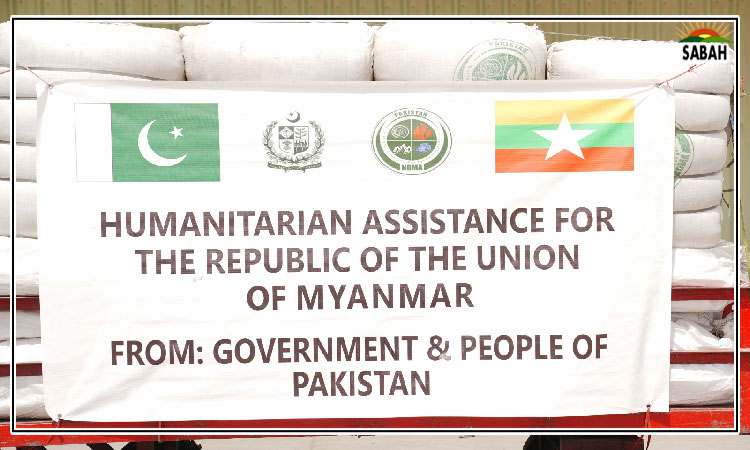Lawlessness in Kashmore…Ali Hassan Bangwar
Every individual and society aims for a peaceful and harmonious life, aspiring to create a life worth living and celebrating for themselves and future generations. These aspirations and efforts bear fruit in societies where human well-being is at the core of statesmanship, and the rule of law prevails. Unfortunately, dreams often wither in societies where self-interest and opportunism take precedence, treating people as mere means to selfish ends. Kashmore at Kandhkot, a tri-junction district in Sindh, is one such example, and there are many reasons for this.
First, the districts feudalistic nature has kept it in the grip of feudal affiliations and barbaric tendencies for centuries. Feudals control people by controlling the land and the rules of the peasantry. They have played with the fate of the people, by skillfully designing a system, often with government support, that reduces people to mere objects of exploitation. People, particularly the marginalised, have been ensnared in debt, fostering within them a false sense of gratitude. This fallacious sense of gratitude makes most people blindly maintain allegiance to the feudal for generations.
Second, the fallacious customs of tribalism have put a yoke on people. To sustainably dictate the lives of tribesmen, tribal heads keep sensitising tribalism and peddle ethnocentrism. Moreover, the unflinching megalomania of tribal heads and the quest for control of public life made them raise tribal armed groups. These patronised groups serve as bandits and threaten the writ of the state. As a result, criminals feel more secure than the citizens in Kashmore. Another method the feudal and tribal stakeholders control the lives and future of the public is by instigating intra-and tribal feuds. This helps sustain their stakes in people.
Third, the ill-advised allegiance built on ethnicity and faith has contributed to keeping people ignorant, subservient and marginalised. Many faith sellers exploit their disciples on false promises of divine salvation in the hereafter. These leaders sell their disciples votes in return for exorbitant financial benefits and political stakes. As a result, they and their children call the shots in society.
Fourth, the role of the police is hardly different. Most officials are appointed based on political backing and work at the behest of the local influential. Therefore, for them, personal connections with powerful individuals and postings count more than the lives, sanctity and security of the citizens. This way, they contribute to lawlessness by enforcing the interests of their patrons more than the law or the rights of the citizens.
Fifth, the civil bureaucracy hardly lags behind. Owing to the illiteracy and low socioeconomic status of the masses, bureaucrats collude with other stakeholders and exploit their positions for their benefit. Just as the subcontinent served as the proverbial golden sparrow for the colonialists, Kashmore fulfills a similar role for the bureaucracy.
Last but not least, civil society often lacks the cohesion to form a unified front against lawlessness in the district. With a few exceptions, most media-persons, civil society activists and religious and nationalistic groups compromise their integrity by forging personal connections with local stakeholders for selfish ends.
Decades of maladministration, neglect, tribalism and feudalistic practices have turned the district into a lawless realm, a paradise for patronised criminal elements. As a manifestation of patronisation of the outlawed by the stakeholders of the district, the kidnapping for ransom has become a lucrative industry. As most of the victims belong to the labour and disadvantaged class, they undergo insufferable mental torment and economic collapse. Moreover, the rule of lawlessness has also brought business activities to an unprecedented halt, and people are left with no option but to migrate to other cities.
Tired of the authorities insensitivity, the citizens of the district have started a peaceful struggle against the growing lawlessness. They expect the government to take decisive actions for the recovery of victims held for ransom, and sustainable peace in Kashmore.
Courtesy The Express Tribune












